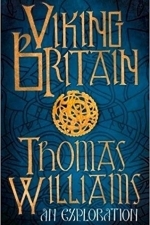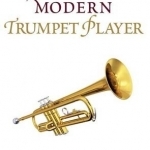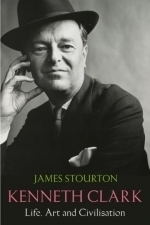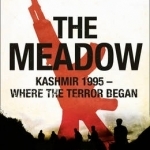
Viking Britain: An Exploration
Book
A new narrative history of the Viking Age, interwoven with exploration of the physical remains and...
history

Hamza Yusuf
Podcast
Hamza Yusuf is a cofounder of Zaytuna College, located in Berkeley, California. He is an advisor to...

A New Book of Middle Eastern Food
Book
Discover Claudia Roden's classic recipes in The New Book of Middle Eastern Food. In 1968, Claudia...

The Tulip
Book
The Tulip is not a gardening book. It is the story of a flower that has made men mad. Greed, desire,...

A Dictionary for the Modern Trumpet Player
Book
Titles in Dictionaries for the Modern Musician series offer both the novice and the advanced artist...
Obsolescence: An Architectural History
Book
In our architectural pursuits, we often seem to be in search of something newer, grander, or more...
The Politics and Philosophy of Chinese Power: The Timeless and the Timely
R. James Ferguson and Rosita Dellios
Book
This book provides a timely analysis of the politics, philosophy, and history of Chinese power,...

Kenneth Clark: Life, Art and Civilisation
Book
Sunday Times Art Book of the Year The astonishing life of Kenneth Clark - the greatest British art...
The History of Rome in Painting
Book
Traditionally founded by its namesake Romulus in 753 BC, Rome began modestly, as a little village of...

The Meadow: Kashmir 1995 - Where the Terror Began
Adrian Levy and Cathy Scott-Clark
Book
The Kashmir Kidnapping that changed the face of modern terrorism. In July 1995, ten Western...
